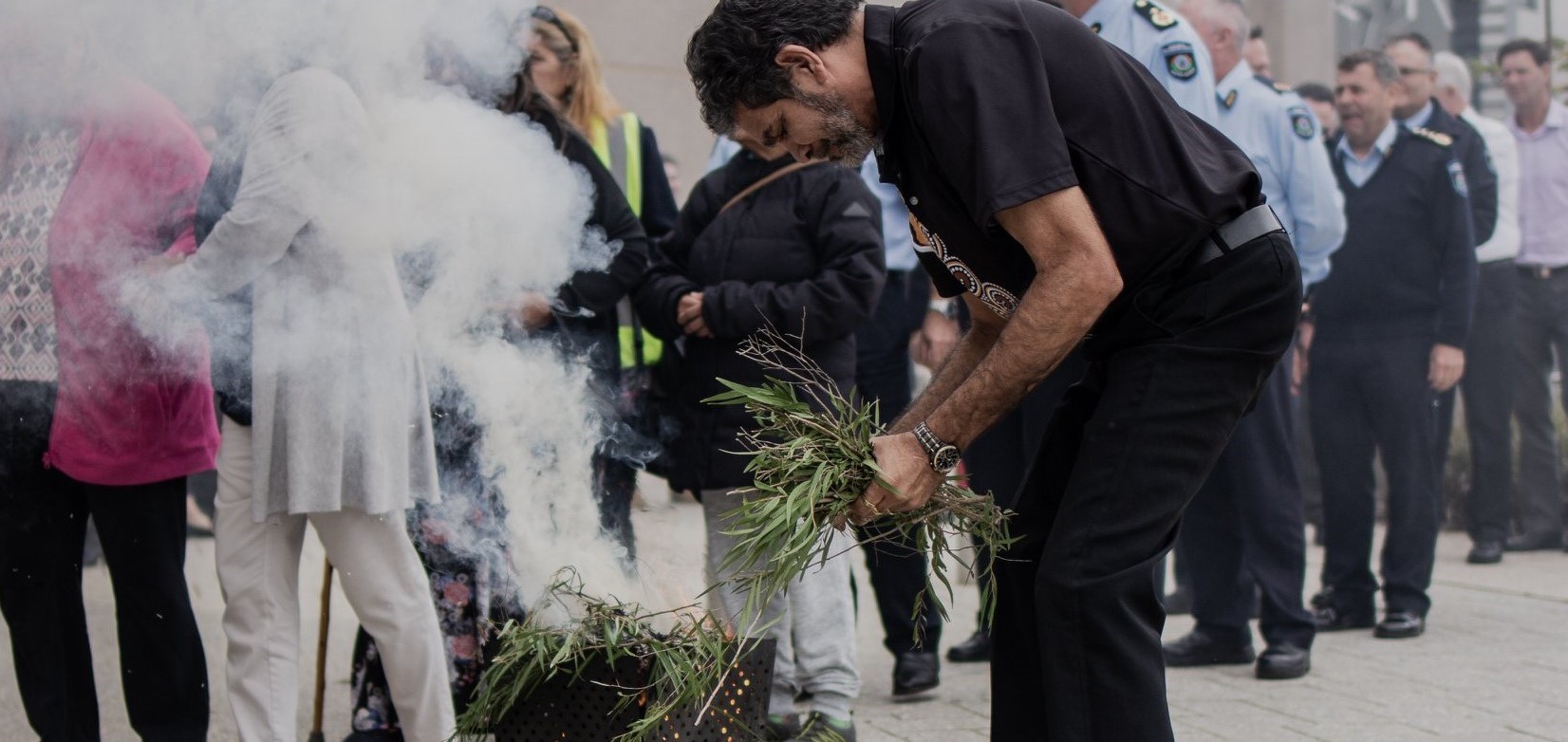It depends:
Yes, if you are using the generator in an area which is clear of vegetation/flammable material (i.e. a brick paved patio). The total fire ban, and any issued harvest vehicle movement ban conditions, do not apply when operating a generator on a cleared area which is not considered off-road (vegetated land), but please do so safely.
No, if the generator is being used by a private citizen AND the area is not clear of flammable material or is being operated off-road (i.e. vegetated land).
Yes, if the generator is used as part of an agricultural activity, however you must ensure the generator is mechanically sound and take all reasonable precautions to prevent a bushfire starting. If a Harvest and Vehicle Movement Ban (HVMB) is issued, this will ban the use of a generator off-road for agriculture BUT only if it is being operated off-road, it can continue to be used in cleared areas.
Yes, if the generator is being used by business, industry and public authorities off-road as they have different rules and can use a generator off-road as long as the safety conditions are met. These conditions will change when the local government has issued a Harvest Vehicle Movement Ban during the Total Fire Ban, refer to the off-road fact sheet for information.



















